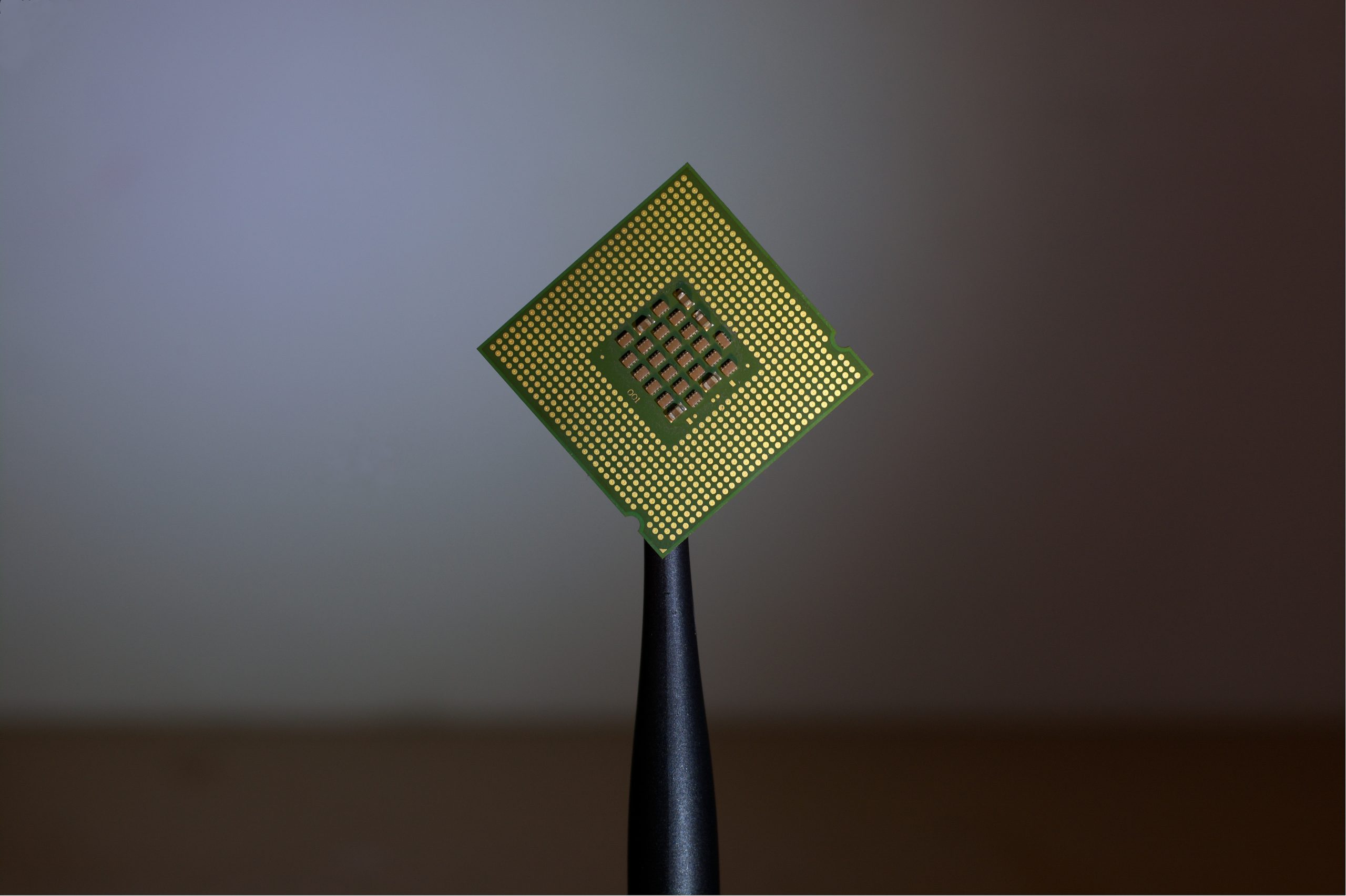Microchip politics: A call for growing Chinese dependence on the free world

The Dutch government is giving in to US pressure and will introduce further export restrictions for high-end chip manufacturing machines destined to go to China. Hereby recognizing the security threat China poses with a well-oiled advanced semiconductor industry. It concerns the deep lithography machines produced by the Veldhoven-based company ASML. The same company’s EUV tools, which are even more advanced, have already become subject to export restrictions since 2019. In October 2022, the US introduced a set of export controls relating to chip manufacturing tools as part of their bigger strategy to prevent China from developing an advanced microchip industry.
The world’s microchip industry is concentrated in South-East Asia and North America. China is capable of production, however, struggles with setting up an industry for more advanced chips. For the development of such a progressive industry, China depends on certain Western states, such as The Netherlands, for expertise and supply of state-of-the-art machinery. South Korea, Japan and the US produce a small proportion of the world’s advanced chips, but they are nothing compared to Taiwan. The latter claims about 90% of the high-end chip manufacturing and is therefore virtually without rivalry. It is important to note that all high-end producers are democracies.
Despite the fact that the output of chips is highly centred in certain parts of the world, the industry is one of the most interlinked on the planet. During the Covid crisis it has shown that it, too, lacks sufficient resilience, resulting in major delays and an increased strategic focus on supply chain performance. The pandemic created a storm by increasing demand and curbing supply. By the end of it, companies prospected a quick revival, however, the Russian invasion of Ukraine caused further supply chain deteriorations.
Taiwanese success in advanced microchips increases tensions between the US and China, as both express different ideas about the island’s political future. Taiwan is of significant strategic importance while also becoming a dangerous geopolitical flashpoint, with China, on the one side, claiming the island as part of its mainland, and the US not willing to give up Taiwanese sovereignty on the other. If China was to incorporate the island, it would have great strategic leverage over the US. Something the US wants to avoid at all costs.
There is an ongoing and intensifying race between China and the US to secure a reliable supply chain of high-end microchips, with both states investing massively. It is interesting to see that for this, the US is willing to deviate from its neoliberal global free-market narrative and increasingly starts protecting domestic and allied vital industries in the name of national security. Both the Taiwanese TSMC and South Korea have not chosen sides in this matter. They will continue to spark a high interest from both superpowers. In the end, it is a balance game. On the one hand, powerblocks try to achieve a certain level of independence when it comes to strategic resources such as microchips. Conversely, the interconnected nature of global industries has spurred worldwide development and harmony despite the presence of various diverging state interests.
Ultimately, China is only likely to succeed in creating a high-end microchip industry if Western democracies such as The Netherlands keep engaging in trade of their expertise and high-end machinery. A paper authored by two American scholars argues that the few semiconductor industrious states should cooperate and cut China off from high-end semiconductor technology to protect the security interests of democratic states (paper is listed in further readings) . In this way, China would depend on imports, providing the ‘free world’ with strategic leverage over a state which structurally ignores human rights.
Here is some food for thought after reading the article:
- Do we want to diverge from a philosophy of an interdependent neo-liberal world for the sake of protecting strategic assets, in the name of guarding security interests in the ‘free world’?
- Is it morally right to distort the Chinese people in their development of high-end technology? What gives The West the sole right to possession of this knowledge?
- Why didn’t a knowledge-intensive powerbloc like the EU develop an advanced semiconductor industry? Is it too late to start doing that?
Further readings:



